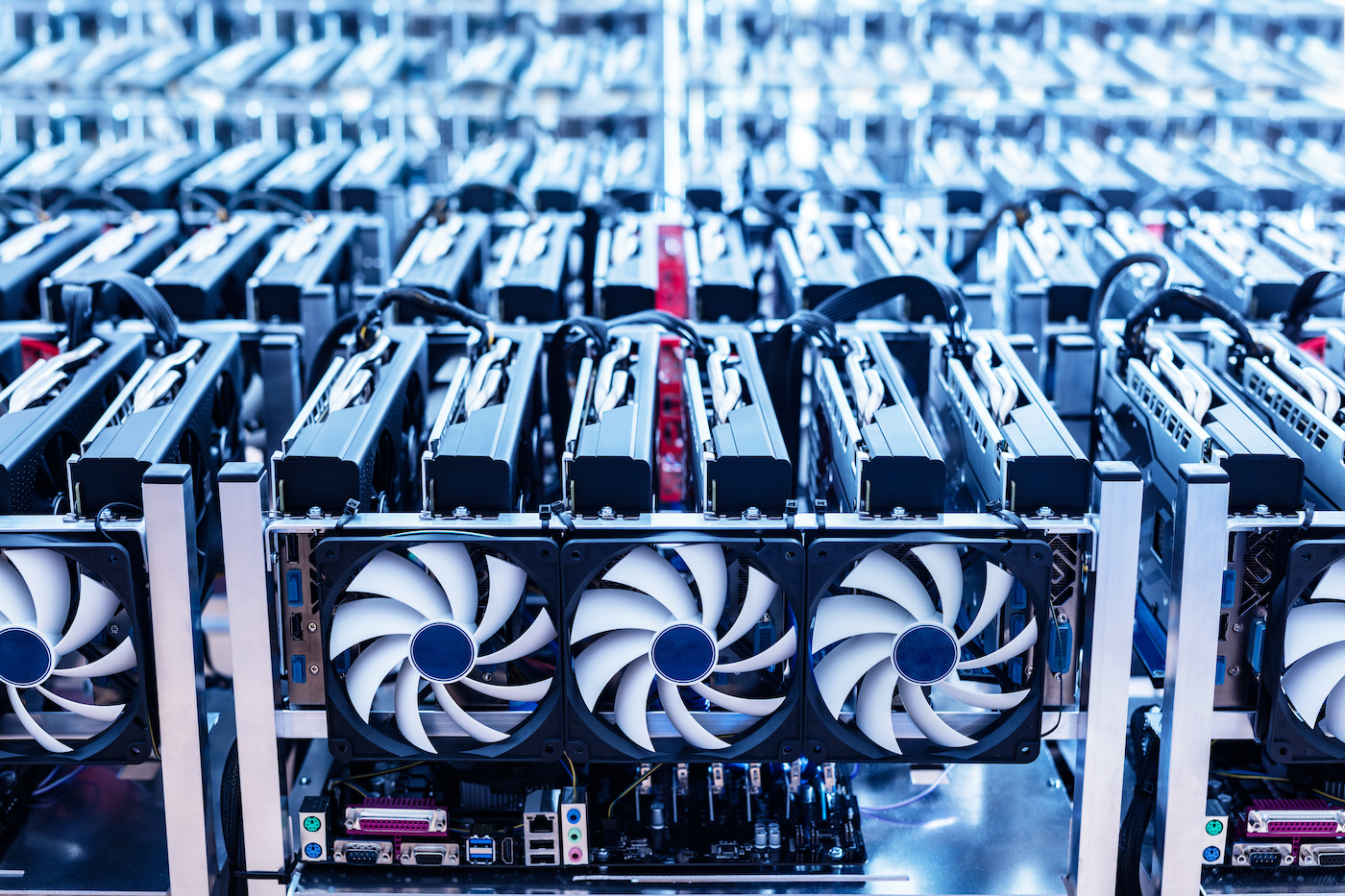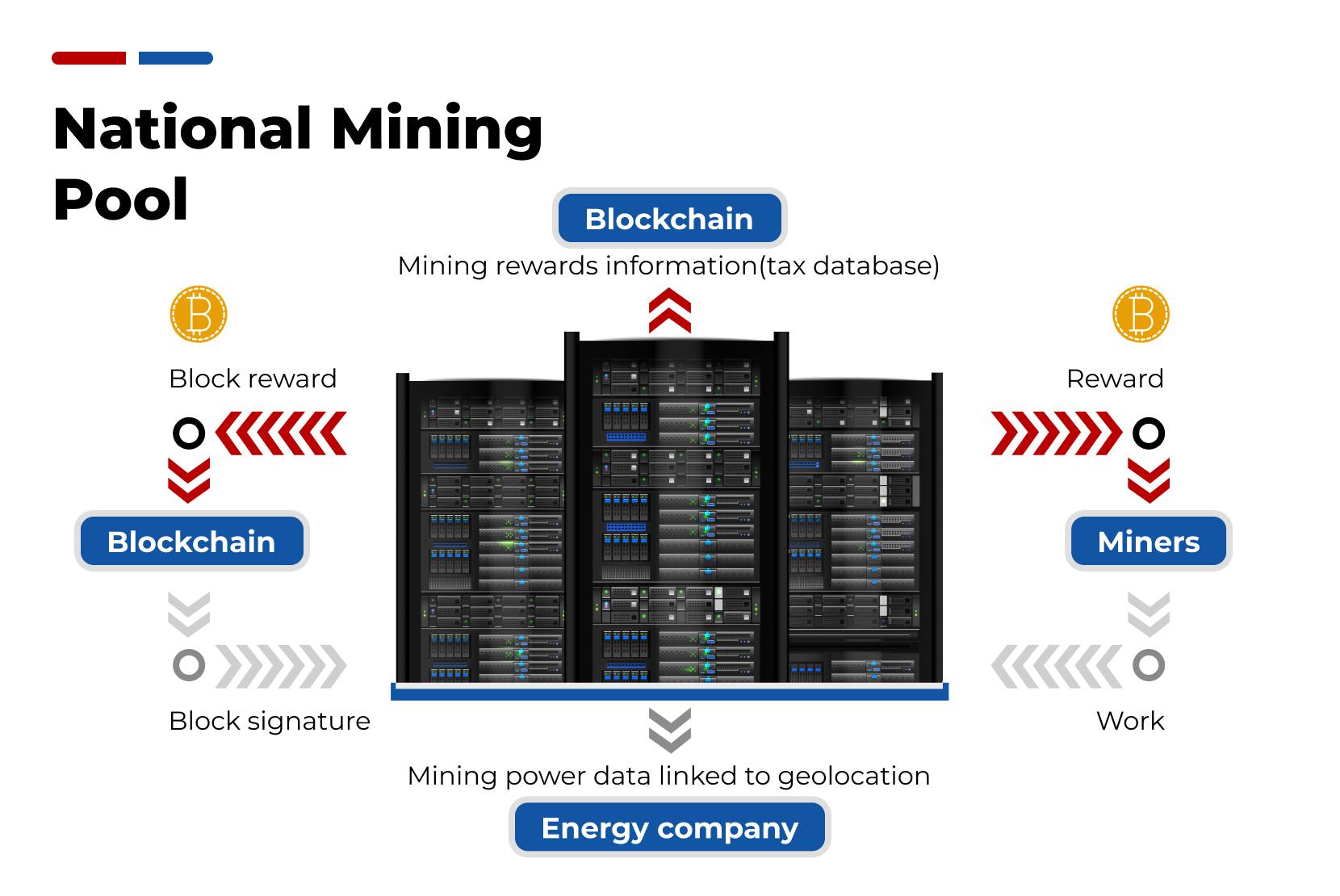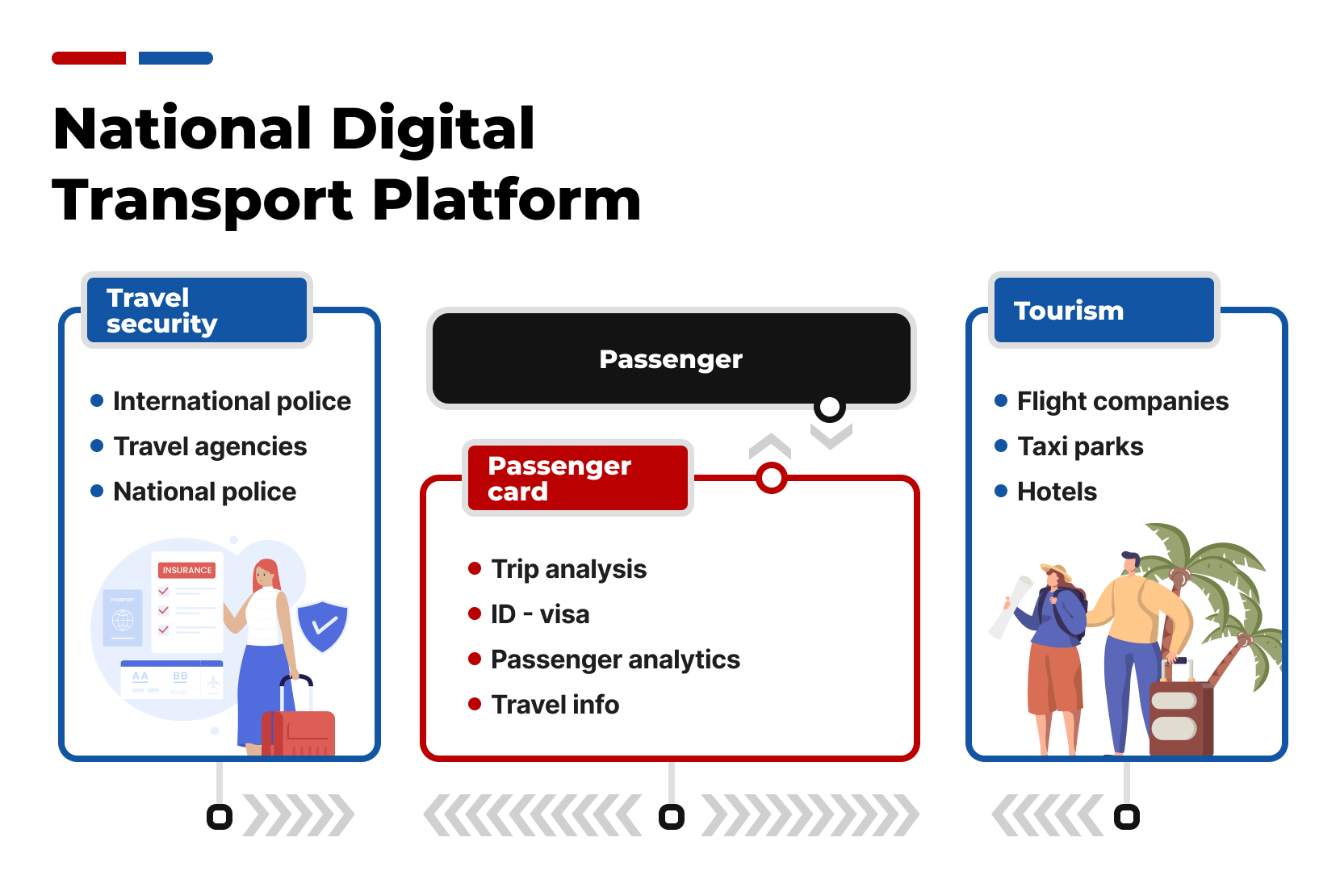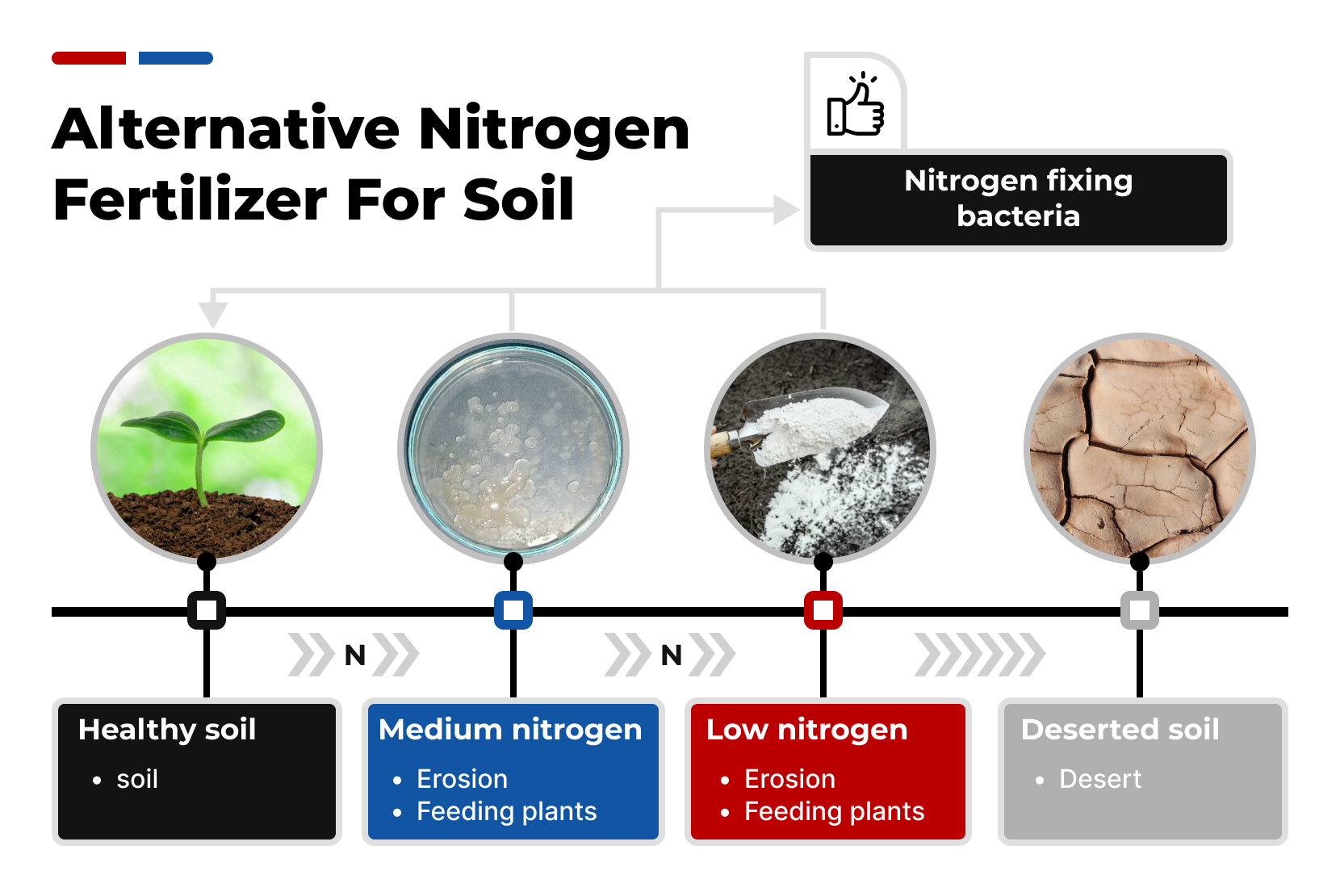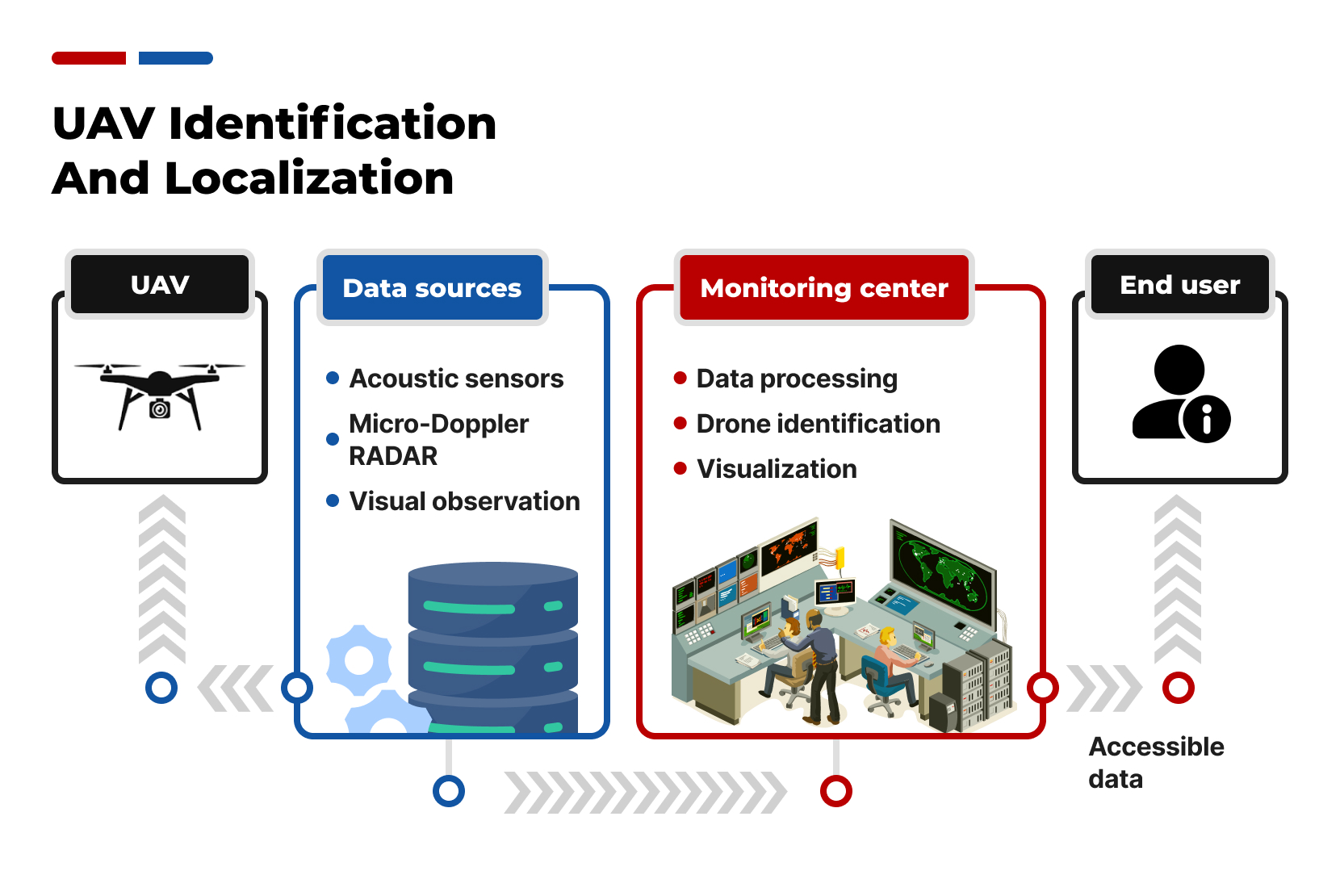Feedback form
Inclusive banking system
Description
The unified mining pool system is designed to provide incentives and rewards to registered users while also preventing any unauthorized mining activities by unregistered miners. By registering with the system, users can access a wide range of benefits, including access to exclusive mining resources, real-time tracking of mining activities, and enhanced security features to protect against potential threats. Additionally, the system employs advanced algorithms and machine learning techniques to optimize mining performance and maximize profitability for registered users.Problem
The emergence of a new business sector that deals with cryptocurrency mining has brought about not only economic opportunities but also a range of concerns for the state. One of the most pressing issues is energy consumption, where the amount of electricity consumed by miners can be staggering and put a strain on the power grid. Additionally, the state is concerned with the potential of tax evasion within this sector, as there have been reports of cryptominers either not paying taxes or hiding their income. Lastly, the issue of illegal transaction security is also a concern for the state. As cryptocurrencies are often used in illegal transactions, the state is grappling with how to regulate this sector in order to prevent such activities.Solution
All traffic from miners can be tracked with deep packet inspection in the National Internet system. Illegal miners can be identified with their IP addresses and blocked. Miners belonging to the national mining pool are rewarded for processing transactions in the blockchain. A mining pool allows you to combine the computing power of a large number of miners, share the work among them, process the result and, when receiving a reward, distribute it among all participantsDescription
The unified mining pool system is designed to provide incentives and rewards to registered users while also preventing any unauthorized mining activities by unregistered miners. By registering with the system, users can access a wide range of benefits, including access to exclusive mining resources, real-time tracking of mining activities, and enhanced security features to protect against potential threats. Additionally, the system employs advanced algorithms and machine learning techniques to optimize mining performance and maximize profitability for registered users.Problem
The emergence of a new business sector that deals with cryptocurrency mining has brought about not only economic opportunities but also a range of concerns for the state. One of the most pressing issues is energy consumption, where the amount of electricity consumed by miners can be staggering and put a strain on the power grid. Additionally, the state is concerned with the potential of tax evasion within this sector, as there have been reports of cryptominers either not paying taxes or hiding their income. Lastly, the issue of illegal transaction security is also a concern for the state. As cryptocurrencies are often used in illegal transactions, the state is grappling with how to regulate this sector in order to prevent such activities.Solution
All traffic from miners can be tracked with deep packet inspection in the National Internet system. Illegal miners can be identified with their IP addresses and blocked. Miners belonging to the national mining pool are rewarded for processing transactions in the blockchain. A mining pool allows you to combine the computing power of a large number of miners, share the work among them, process the result and, when receiving a reward, distribute it among all participantsFinancial Model
Time to launch the project: 6 months
Payback: 12 months
Interested in the project?
Geography
We have experience in working with clients in more than 20 countries: we understand how local legislation, mentality and experience influence technologies and innovation approaches
Our representations: Bahrain, China, Finland, Germany, Hong Kong, India, Indonesia, Italy, Kazakhstan, Malaysia, Singapore, South Korea, Switzerland, Thailand, Turkey, UAE, USA, Uzbekistan, Vietnam

